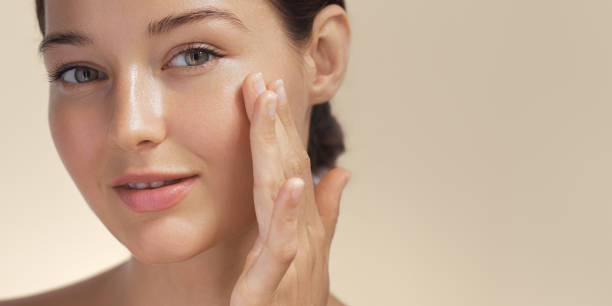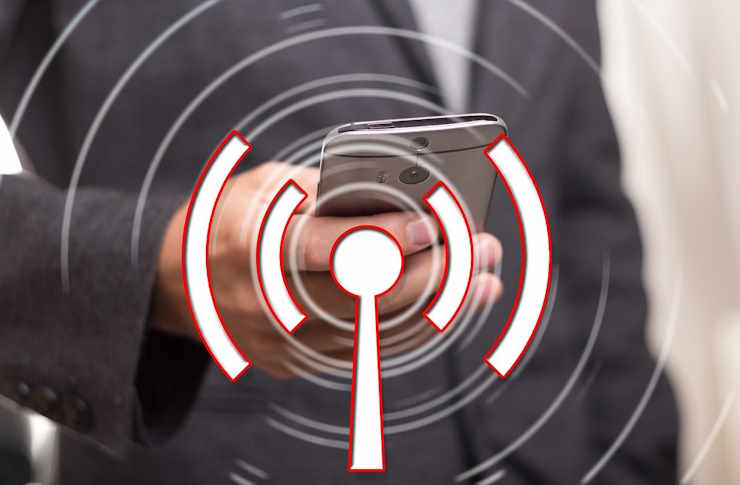Chronohygiene: Synchronizing Your Body Clock for Optimal Health
Sleep hygiene has long been touted as crucial for well-being, but what if we told you there's a new frontier in health optimization? Enter chronohygiene – a revolutionary approach to aligning your daily habits with your body's natural rhythms. How can this emerging field transform your health and vitality? Let's dive into the fascinating world of chronobiology and discover how small tweaks to your daily routine can lead to big improvements in your overall wellness.

Research has shown that disruptions to our circadian rhythms can have far-reaching consequences on our health. Shift work, jet lag, and even the widespread use of artificial lighting have been linked to increased risks of obesity, diabetes, cardiovascular disease, and certain cancers. Understanding and respecting our body’s natural rhythms is therefore crucial for maintaining optimal health.
What is Chronohygiene?
Chronohygiene is the practice of aligning our daily activities and habits with our body’s natural circadian rhythms to optimize health and performance. It goes beyond traditional sleep hygiene by considering not just when we sleep, but also when we eat, exercise, and perform various tasks throughout the day.
The concept is rooted in the idea that our bodies function best when our behaviors are in sync with our internal clocks. By paying attention to these natural rhythms and adjusting our lifestyles accordingly, we can potentially enhance our physical and mental well-being, boost productivity, and even slow down the aging process.
Key Principles of Chronohygiene
Consistent Sleep-Wake Cycles
One of the fundamental aspects of chronohygiene is maintaining a consistent sleep-wake schedule, even on weekends. This helps regulate your body’s internal clock and can improve sleep quality, energy levels, and overall health. Aim to go to bed and wake up at the same time each day, allowing for 7-9 hours of sleep.
Strategic Light Exposure
Light is the primary zeitgeber (time giver) for our circadian rhythms. Chronohygiene emphasizes the importance of getting bright light exposure, preferably sunlight, in the morning to help wake up your body and mind. Conversely, it recommends limiting exposure to blue light from electronic devices in the evening, as this can suppress melatonin production and disrupt sleep.
Timing Your Meals
Emerging research suggests that when we eat may be just as important as what we eat. Chronohygiene advocates for time-restricted feeding, where meals are consumed within a specific window (typically 8-12 hours) during the day. This approach aligns with our body’s natural metabolic rhythms and may offer benefits such as improved insulin sensitivity and better weight management.
Optimizing Exercise Timing
While any exercise is generally beneficial, chronohygiene suggests that the timing of physical activity can enhance its effects. Morning exercise has been shown to improve cardiovascular health and may help with weight loss, while evening exercise can boost muscle strength and flexibility. However, intense workouts too close to bedtime may disrupt sleep for some individuals.
Implementing Chronohygiene in Daily Life
Adopting a chronohygienic lifestyle doesn’t require drastic changes. Small, consistent adjustments can make a significant difference:
-
Start your day with natural light exposure, even if it’s just opening curtains or stepping outside for a few minutes.
-
Establish a consistent sleep schedule and create a relaxing bedtime routine.
-
Avoid large meals and caffeine in the late afternoon and evening.
-
Schedule cognitively demanding tasks for times when your alertness is naturally higher, typically in the morning for most people.
-
Consider using apps or wearable devices that track your circadian rhythms and provide personalized recommendations.
Potential Benefits and Challenges
Proponents of chronohygiene report improved sleep quality, increased energy levels, better cognitive function, and even enhanced mood and emotional well-being. Some studies suggest that aligning our behaviors with our circadian rhythms may also have long-term health benefits, potentially reducing the risk of chronic diseases.
However, implementing chronohygiene practices can be challenging in our 24/7 society. Work schedules, social obligations, and family responsibilities may not always align with our natural rhythms. It’s important to approach chronohygiene flexibly and make gradual changes that are sustainable for your lifestyle.
The Future of Chronohygiene
As research in chronobiology advances, we can expect to see more personalized approaches to chronohygiene. Genetic testing may reveal individual differences in circadian rhythms, allowing for tailored recommendations. Wearable technology and smart home devices could automatically adjust lighting and temperature to support optimal circadian function.
Chronohygiene Quick Tips
-
Expose yourself to bright light within the first hour of waking
-
Maintain a consistent meal schedule, avoiding late-night snacking
-
Create a sleep-friendly environment with cool temperatures and minimal light
-
Use blue light filtering apps or glasses in the evening
-
Practice relaxation techniques before bed to signal your body it’s time to wind down
-
Consider your chronotype (whether you’re a “morning lark” or “night owl”) when scheduling important tasks
-
Stay hydrated throughout the day, but taper off fluid intake in the evening to avoid sleep disruptions
In conclusion, chronohygiene represents an exciting frontier in health optimization, offering a holistic approach to well-being that works with, rather than against, our body’s natural rhythms. By making small, intentional adjustments to our daily routines, we can potentially unlock significant improvements in our health, productivity, and quality of life. As we continue to unravel the complexities of our internal clocks, the principles of chronohygiene may well become an essential component of modern healthcare and lifestyle management.





